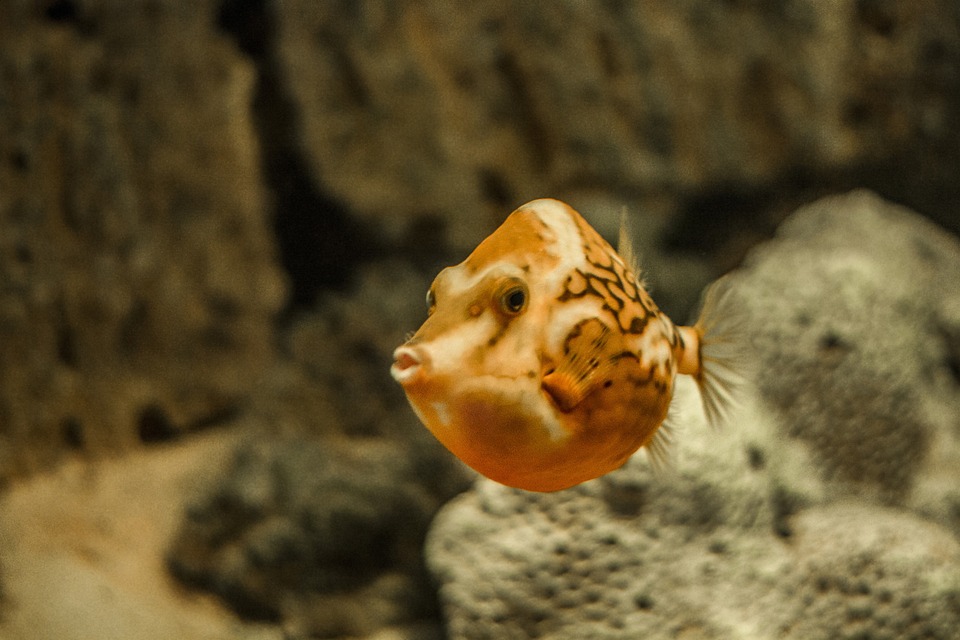By Jane Smith
Introduction:
Fish sleep behavior is an important aspect of their overall well-being. Understanding how fish sleep and recognizing any abnormalities in their sleeping patterns is crucial for maintaining a healthy aquarium environment. In this article, we will explore the various aspects of fish sleep behavior, common problems associated with it, and provide effective solutions to address them. So, let’s dive in!
Understanding Fish Sleep Behavior
1. Fish Sleep Patterns:
– No Eyelids: Unlike humans and most animals, fish do not have eyelids to close during sleep.
– Resting States: Fish have two primary resting states – quiet and active rest.
– Quiet Rest: During quiet rest, fish remain motionless, maintaining their position in the water.
– Active Rest: In active rest, fish may still move around but at a significantly slower pace compared to their active state.
2. Sleep Cycles:
– Diurnal and Nocturnal Fish: Fish can be classified as diurnal (active during the day) or nocturnal (active during the night).
– Sleep Cycles: Fish typically exhibit sleep cycles similar to those of humans. They alternate between periods of rest and activity.
3. Factors Influencing Fish Sleep:
– Light: The intensity and duration of light affect fish sleep patterns.
– Tank Conditions: Poor water quality, temperature fluctuations, and inadequate hiding spots can disrupt fish sleep.
– Tank Mates: Aggressive tank mates can cause stress, leading to disturbed sleep patterns.
Recognizing Sleep-Related Issues
1. Insomnia and Fragmented Sleep:
– Signs: Fish exhibiting insomnia or fragmented sleep may swim erratically or constantly change positions.
– Causes: Poor water quality, sudden changes in tank conditions, and stress can lead to disrupted sleep.
2. Daytime Sleeping:
– Causes: Fish sleeping during the day may indicate poor lighting conditions or stress in the tank.
– Health Implications: Daytime sleeping can disrupt the fish’s natural sleep cycle, affecting their overall health.
3. Lethargy and Lack of Activity:
– Signs: Fish appearing lethargic, disinterested in food, or spending excessive time hiding may indicate sleep-related issues.
– Causes: Poor water quality, inadequate oxygen levels, and improper diet can disrupt fish sleep behavior.
Addressing Sleep-Related Issues
1. Optimal Tank Conditions:
– Water Quality: Regular water testing and maintenance help ensure a clean and healthy environment for fish.
– Temperature and Lighting: Maintain appropriate temperature and lighting conditions based on the specific needs of your fish species.
– Hiding Spots: Provide ample hiding spots, such as caves or plants, to help fish feel secure.
2. Minimizing Stress:
– Compatible Tank Mates: Choose tank mates that are compatible with each other and avoid aggressive species.
– Adequate Space: Ensure the tank is spacious enough for fish to swim freely without feeling cramped.
– Routine: Establish a consistent routine for feeding and tank maintenance to minimize stress.
3. Seeking Veterinary Assistance:
– Persistent Sleep Issues: If sleep-related problems persist despite your best efforts, consult a veterinarian or an aquatic specialist for further evaluation and advice.
FAQs (Frequently Asked Questions)
1. Do fish really sleep?
– Yes, fish do sleep, but their sleep patterns and behavior differ from those of humans and land animals.
2. How long do fish sleep?
– The duration of fish sleep varies depending on the species and environmental conditions. On average, fish sleep for several hours a day.
3. Can fish sleep with the lights on?
– Fish prefer to sleep in a dark environment. Keeping the tank lights off during the night helps promote their natural sleep cycle.
4. Should I wake up a sleeping fish?
– Avoid disturbing a sleeping fish unless absolutely necessary. Disturbing their sleep can cause stress and disrupt their overall well-being.
Conclusion:
Understanding fish sleep behavior is crucial for maintaining a healthy aquarium environment. By recognizing sleep-related issues and implementing appropriate solutions, you can ensure your fish enjoy restful sleep and thrive in their underwater habitat. Remember to prioritize optimal tank conditions, minimize stress, and seek professional assistance when needed. Happy fishkeeping!
*Disclaimer: The information provided in this article is for educational purposes only and should not substitute professional advice. Consult a veterinarian or aquatic specialist for specific concerns related to your fish’s health.*









